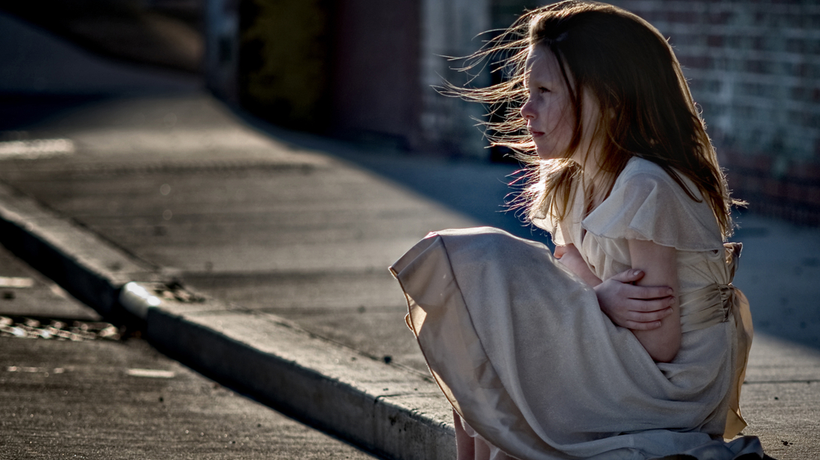Do you find it hard to be in intimate relationships? When people get too close do you push them away for fear that they may abandon you? This may be a result of your childhood. Why may unloved daughters find it difficult to be in intimate, healthy relationships? Peg Streep, author of Daughter Detox: Recovering from an Unloving Mother and Reclaiming Your Life, may have the answer.
Developing Insecure Attachment Styles Through Childhood
Growing up, if you did not have a healthy model for what a healthy and sustaining relationship looked like, you may find it difficult to create that same type of environment for your adult relationships. Streep notes that many of us gravitate towards relationships and things that we know — relationships that feel familiar. Therefore, if you grew up around abusive or uncaring behaviors, it is easy to normalize these behaviors and call them “love.”
Anxious-preoccupied attachment daughters need an intimate relationship to feel validated. However, when daughters who have this type of attachment experience intimate relationships, they need so much reassurance and are so quick to react to anything that seems vaguely threatening that being with her can be emotionally exhausting, according to Streep.
Streep says, “It is the style that researchers note is most likely to be a self-fulfilling prophecy; being this afraid of being abandoned can end up with a partner doing exactly that to escape the drama.”
Dismissive-avoidant attachment style daughters feel the ended to stay independent and in control (the attachment style is also closely related to narcissism).
Fearful-avoidant daughters want intimacy, but they are so “deeply insecure and terrifically afraid of emotional pain, so she always has her running shoes at the ready,” Streep says.
There is a fix to this, though, Streep suggests. “Once we begin to understand in fullness what we learned about love in childhood and how it’s affected us, we begin to gain a certain amount of control over how we connect to others in intimate relationships.”
The Problem with Our Rescuer Culture
We live in a culture where being the damsel in distress is something to aspire to. Movies and TV shows depict women as “needing to be saved” and this kind of influence can play into how we behave in relationships.
Unfortunately, Streep notes that this is not a particularly healthy view for those with insecure attachment styles — or for the unloved daughter. She explains that Disney stories like Cinderella and Sleeping Beauty produce quite an impact on unloved daughters because it displays a vision of what unloved daughters yearn for.
However, Streep says, “This view of romantic love doesn’t serve us in our quest to heal and reclaim ourselves because we are the only people who can rescue us by tackling and understanding what happened to us.”
Looking Within
Even though our society idolizes marriages and weddings, Streep clarifies that being in a relationship or marriage is not for everyone (even if it is considered so).
She wants unloved daughters to look within and ask themselves these questions. The important part here is to be completely honest. Once a stable answer presents itself, “the better equipped you’ll be to change your thinking.”
- How much intimacy and sharing do I want and need?
- How does sex connect to what I feel for someone?
- Am I equally comfortable revealing my strengths and my flaws and being known truly?
- What is my vision of an ideal partnership?
- Who would be the ideal partner?
- For whom would I be the ideal partner?
- How do I feel when I am alone?
- Do I believe that ending up alone or single is a sign of being unlovable?
- Do I equate being on my own with being lonely?
- How much cultural pressure do I feel to be part of a couple?
Streep asserts that working through issues with a therapist can help to change any destructive behaviors. Your childhood may have caused these issues, but through therapy, you may be able to recover and live a healthy and happy life.



